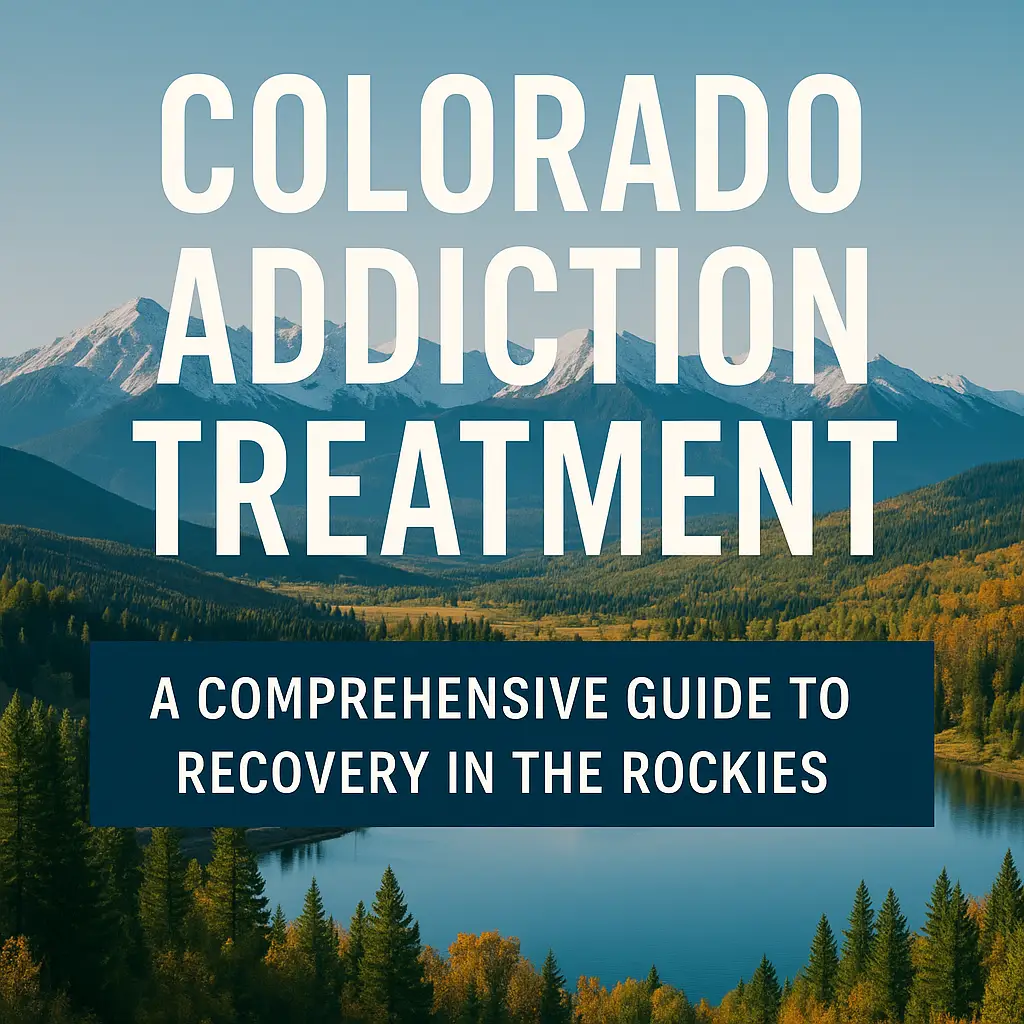Debt Consolidation Lenders: How to Choose the Right One for Your Financial Future
Dealing with multiple debts of all stripes — credit card balances, personal loans, medical bills — can be a hassle, particularly when they all come with high interest rates and scattered due dates. If you want to find a way to simplify your finances, and take back control, debt consolidation lenders could help you out.
This guide discusses what debt consolidation is, how debt consolidation lenders operate, the benefits and drawbacks of consolidating with one, how to pick the right lender for your financial situation and more.
What is Debt Consolidation?
Debt consolidation involves rolling all outstanding debts into one new loan, often at a lower interest rate, and a single monthly payment. This can make repayment easier, save you money on interest and may even help raise your credit score over time.
What is a Debt Consolidation Lender? A debt consolidation lender, which may include lenders that provide loans or financing options tailored to this purpose, enables you to pay off high interest debts — such as credit card balances — in one lump sum loan.
The Different Types of Debt Consolidation Loans!
There are a few different types of debt consolidation, so before we get into lenders, it’s good to review the basics:
- Loan with Bad Credit – How to Choose It There are several possible options:P2P personal loan for debt consolidation, This is a fixed-rate debt consolidation loan. You would have just one monthly payment to the new lender.
- Balance Transfer Credit Card: A 0% APR card with an intro balance transfer offer for more than one balance. Best if you can pay off the balance within promotional period.
iii. Home Equity Loan or HELOC: These are loans where you secure your home as loan collateral. Interest rates are lower, but if you default you could lose your home.
- Debt Management Plans (DMPs): Administered by nonprofit credit counseling agencies, DMPs negotiate with creditors for lower interest and consolidate your debts into one monthly payment.
Debt Consolidation Lenders – Who Are They?
Debt consolidation lenders are companies who specialize in debt consolidation and offer solutions to help you consolidate your debts into one loan. These can include:
- One of the old school banks(like Wells Fargo or Citibank)
- Credit unions(frequently provide lower rates to members)
- Online lenders:(SoFi, Lending Club, Upgrade)
- Peer-to-peer lenders
- Debt relief fintech platforms
Every lender has differing requirements, rates and loan terms and it’s important to compare your options.
How Do Debt Consolidation Lenders Work?
Generally, the process of engaging with a lender is as follows:
1.Application: You will submit a loan application, which will include your personal information, income, credit score and information about your current debts.
2.Loan Offer: If successful, the lender will provide an offer of how much you can borrow, your interest rate and your loan term.
3.Debt Payment: Some lenders pay your creditors directly. Others put money into your account to be used to pay off the debt.
4.Repayment: You make one, monthly payment on the new, consolidated loan with a fixed repayment term.

Benefits of Using Debt Consolidation Lenders
- Lower Interest Rates
Depending on your credit rating, you could be eligible for lower interest rates than credit cards. - Simplified Finances
One loan equals one payment, both reducing the likelihood of missing due dates and getting slapped with late fees. - Faster Debt Payoff
Fixed loan terms ensure a defined payoff date. - Boost Credit Score Over Time
By paying down your credit utilization and making regular payments, you can increase your credit score. - Stress Reduction
Consolidation provides a better financial road map and reduces emotional and financial stress.
Risks and Drawbacks of Debt Consolidation
- Not for Everyone
If your credit score is poor, you might not even qualify at all, or if you do, you might not get favorable terms. - Temptation to Incur Additional Debt
After you pay off your credit cards you may be tempted to start using them again. - Origination Fees and Other Nondisclosed Costs
Origination fees (loan fees), closing costs, prepayment penalties, or other fees may apply. - Secured Loans Can Risk Assets
When you pledge your home or car as collateral for a loan, you are putting those assets at risk if you stop paying. - Doesn’t Tackle Spending Habits That Cause Debt
Getting bigger does not cure fiscal mismanagement. Budgeting may be the further debt you need to avoid.
How to Select the Top Debt Consolidation Lender?
There are so many options, and it’s hard to know whom to trust. Here’s what to consider before you decide:
1.Check Your Credit Score First
Your credit score has an enormous impact on the interest rate you’re offered. Most lenders have a minimum score requirement, usually between 600 and 660.Interest Rates and Terms Aren’t everything you see online So You Shop Around If you have applied for a personal loan Online.
You want to see the Annual Percentage Rate (APR) not just the interest rate. The lower the APR, the better the deal generally is.
2.Watch for Fees
Inquire about origination fees, late payment penalties and prepayment penalties. These can chip away at your savings.
3.Shop Around for Prequalification offers
A few lenders provide soft credit check prequalification, so you can shop around without hurting your credit score.
4.Evaluate Lender Reputation
Check out reviews on sites such as Trustpilot, BBB and Consumer Affair. Seek out transparency, customer service and complaints.
5.Check for Direct Pay
Certain lenders will pay the creditors for you which simplifies things and decreases the risk of misusing the funds.
6.Understand the Loan Structure
Is the loan’s interest rate fixed or variable? How does the amount of interest you’ll end up paying compare across the options? Is there a payment plan available?
Best for 2025: Debt Consolidation Lenders
Several of the best lenders offer debt consolidation loans and rates, but the terms and conditions vary, so the following are good places to start, based on common eligibility:
- SoFi –No fees, flexible terms, member perks
- Marcus from Goldman Sachs –No fees, good for mid-credit scores
- Payoff – For those looking for credit card debt consolidation
- Upstart –AI mainly based decisioning for lending with thin credit files.
- Discover Personal Loans –Direct pay to your creditors and competitive rates.
Be sure to check their official websites for current rates and requirements.
When to Consider Debt Consolidation
When Is Debt Consolidation Most Effective?
- You owe a lot in high-interest debts (especially credit cards).
- You may be able to qualify for a lower interest rate.
- Your monthly payments —you might feel snowballed by them or have them in disarray.
- You’re working on paying down deb and not racking up more.
If you can’t find better rates, your credit isn’t great or you are at risk of defaulting, it might not be the best fit.
Other Options Besides Debt Consolidation!
Here are some other ways to consolidate before you do that:
- Credit Counseling –Obtain assistance from non-profit organizations for budgeting and managing debt.
- Debt Snowball vs Avalanche –Do it yourself repayment plans that target smallest or highest interest debts first.
- Insolvency–A final solution for people who cannot clear their debts.
- Negotiate with creditors –In some cases you can negotiate a lower payment, or a lower amount due on a debt.
Final Thoughts
Dealing with debt consolidation lenders may be a move worth making, but only if you proceed with caution. It may lower interest costs, simplify your payments and allow you to shed debt more quickly. It’s really important to choose your lender wisely, get a good grasp of the long-term costs, and be ready for some ongoing financial discipline. Start by checking out your financial goals, looking over your credit, and comparing different offers. If you have the right plan and the right lender, you can really take a big step towards financial freedom.
Read more… Best Credit Consolidation Loans in 2025: Your Guide to Financial Freedom
[ This article is for informational purposes only and does not constitute legal or medical advice. ]



